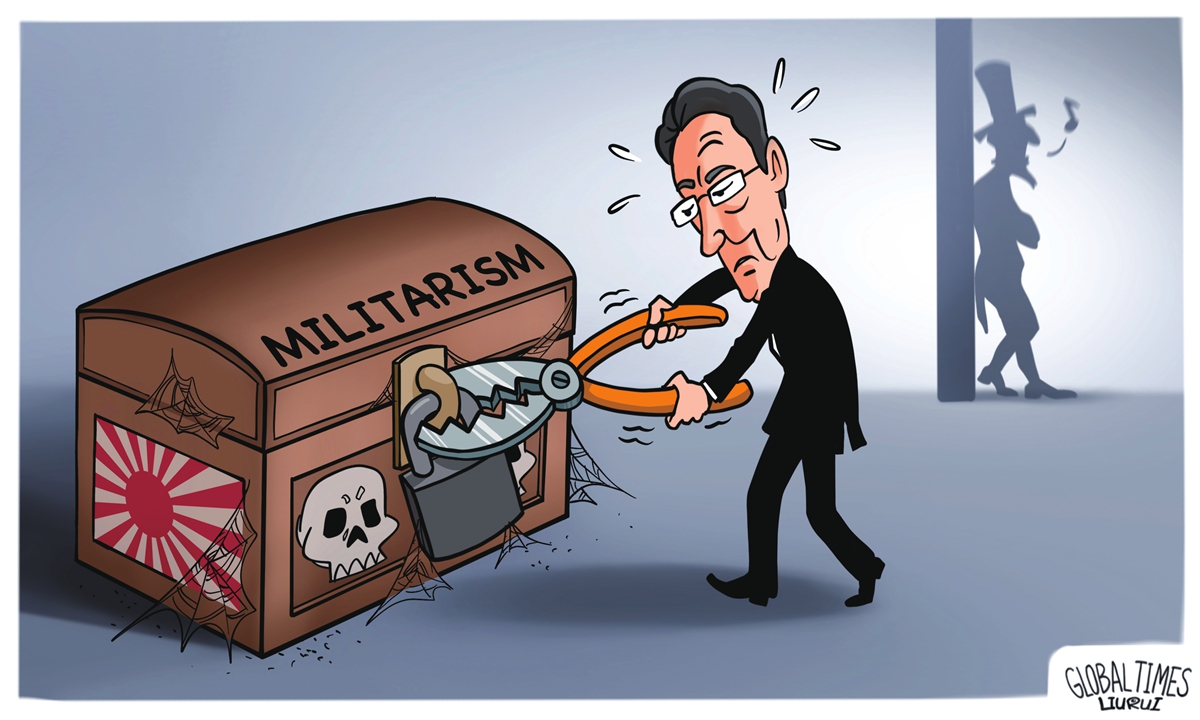
Large-Scale Change in Security: Credibility of Cabinet Decision on 3 Security Documents Should Be Questioned in the Election
On Dec. 16, the government made a cabinet decision about three security-related documents.
The three fundamental documents that changed were:
The National Security Strategy of Japan, which dictates fundamental policy for diplomacy and defense;
The National Defense Strategy of Japan, which describes methods and measures for attaining defense objectives;
The Defense Build-Up Plan, which includes items such as total expenses and major equipment.
The biggest feature that runs through all three documents is a switch from the curtailed defense policy that had existed until now to indications of the intention to exercise an offensive strike ability that had been entrusted to the U.S. military.
The three documents explicitly mention the possession of capabilities for counterattacking missile launch sites in foreign countries, for the first time since World War II, as well as development of a network of imported Tomahawk cruise missiles made in the U.S.
The government stresses that it is “sticking to a nonaggressive defensive policy.” But how can Japan’s 2014 approval of a right to exercise collective self-defense, as well as this latest shift toward possessing the ability to attack enemy bases, be compatible with a nonaggressive defense policy?
It is possible that a mistaken judgment in a missile launch could turn into a preemptive strike, in violation of international law. It is not possible to completely wipe out concerns about an arms race.
For Japan, with Article 9 of its Constitution, attacking an enemy base is the most extreme decision that could directly lead to subversion of the Constitution. Not having a sensible discussion in the National Diet is nothing but an abandonment of the Diet’s duties.
In a press conference after the cabinet’s decision, Prime Minister Fumio Kishida bought up the topic of strengthening defensive systems in the Ryukyu Islands region as a necessary capability in order to deter threats.
According to the Defense Build-Up Plan, the 15th Brigade of the Japan Ground Self-Defense Force at Camp Naha will be strengthened into a division, and in order to withstand missile attacks, a possible underground installation of headquarters for that division will be considered.
Plans in anticipation of actual warfare, such as maintaining facilities, strengthening troops and deploying missiles, are in abundance. Such provisions also include the joint use of U.S. ammunition dumps and deployment of long-range missiles that can strike from outside of the enemy’s range. But that is not all. The plans also assume the use of civilian airports and harbors.
These are unusual developments that carry an awareness of past actual warfare. But there has been no careful explanation to the prefecture or the citizens. The 15th Brigade of the Japan Ground Self-Defense Force is supposedly meant to protect citizens, but even those details are unclear.
In 1944, the year before the Battle of Okinawa, various forces were deployed under the 32nd Army’s headquarters, and the military colors were painted throughout the prefecture. These rapid developments are reminiscent of that time.
In an interview, Kishida emphasized that in the current national security environment, the U.S. military presence in Okinawa is “even more important” than ever.
We must not forget the fact that mainland politicians and foreign affairs and defense officials have opposed relocating U.S. military bases to the mainland, with the reasoning that they “have no defense systems.”
The reality is that 70% of the military bases in Japan exclusively used by the U.S. military are concentrated in Okinawa, which is nothing but neglect by the government.
The decision has also been made to raise taxes, which would be set aside for defense spending, and the trust in this decision should be called into question in the general election.


